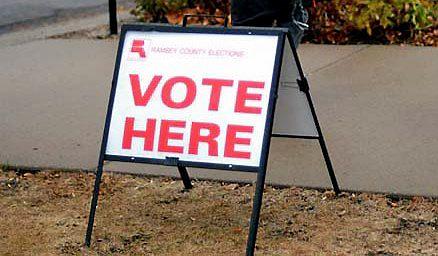Winter is the shortest season of the year, at least astronomically.
Weather-wise, though, it’s a whole different story. Even if you enjoy this season, winter starts to get a little old by late February for most folks. Maybe you’re already dreaming hard about summer!
Astronomical winter is the shortest season of the calendar year because the Earth travels faster around the sun at this time of year. Earth’s 365.25-day orbit around the sun is not exactly circular, but slightly elliptical or oval-ish. This time of year, Earth is around three million miles closer to the sun than it is in the summer. Because we’re closer, the sun has a stronger gravitational tug on our world that causes the Earth to whirl more rapidly in the winter. The same thing happens when you tie a string around, say, a donut, and swing it horizontally above your head. If you shorten the length of the string and swing it with the same force, the donut will move faster around your head. At this time of year, the “string” between the Earth and the sun is shorter, so the Earth moves faster.
So how much faster? Quite a bit! Right now, Earth is chugging along on its orbital track at well over 67,500 miles per hour, more than 2000 mph faster than it does in the summer. Because of that lazier summer pace, it takes 94 days to go from the first day of summer to the first day of autumn, but because the Earth races at a faster pace in winter, it only takes 89 days to travel from the first day of winter to the first day of astronomical spring. Feel better about winter now?
So how would you like to fast-forward to summer? It’s possible with a time machine: your alarm clock. Get out of the sack and under the stars about an hour before morning twilight, and you can see the same night sky that you will see in the early evening right around the Fourth of July. You can experience early summer in the middle of winter, at least in the heavens. Summer stars without mosquitoes!
(Mike Lynch)
The particular set of constellations and their placement in the sky at any one time depends on what direction into space your part of the Earth is facing. That’s controlled by both the Earth’s 24-hour rotation on its axis and its slow orbit around the sun. It just so happens that before morning twilight from our vantage point in Minnesota and Western Wisconsin we’re facing the same direction in space as we do in the early evening in early July. Any time of year, if you want to get an advanced viewing of your evening skies four to five months in the future, check out the sky just before morning twilight invades.
Armed with a hot cup of coffee, you can enjoy summer constellations this week in the pre-dawn sky like Bootes the hunting farmer, Cygnus the swan, Delphinus the dolphin, Scorpius the scorpion, Sagittarius the Archer, and more. Hopefully, your preview of the summer night heavens will tide you over until summer weather finally arrives!
(Mike Lynch)
Celestial happening this week: This coming Thursday night the waxing gibbous moon will be above and a little to the right of the very bright planet Jupiter. The largest planet of our solar system is the brightest star-like object in the night sky right now! With a small telescope or maybe even binoculars see if you can spot up to four of its moons that resemble tiny stars that flank both sides of Jupiter.
Mike Lynch is an amateur astronomer and retired broadcast meteorologist for WCCO Radio in Minneapolis/St. Paul. He is the author of “Stars: a Month by Month Tour of the Constellations,” published by Adventure Publications and available at bookstores and adventurepublications.net. Mike is available for private star parties. You can contact him at mikewlynch@comcast.net.




